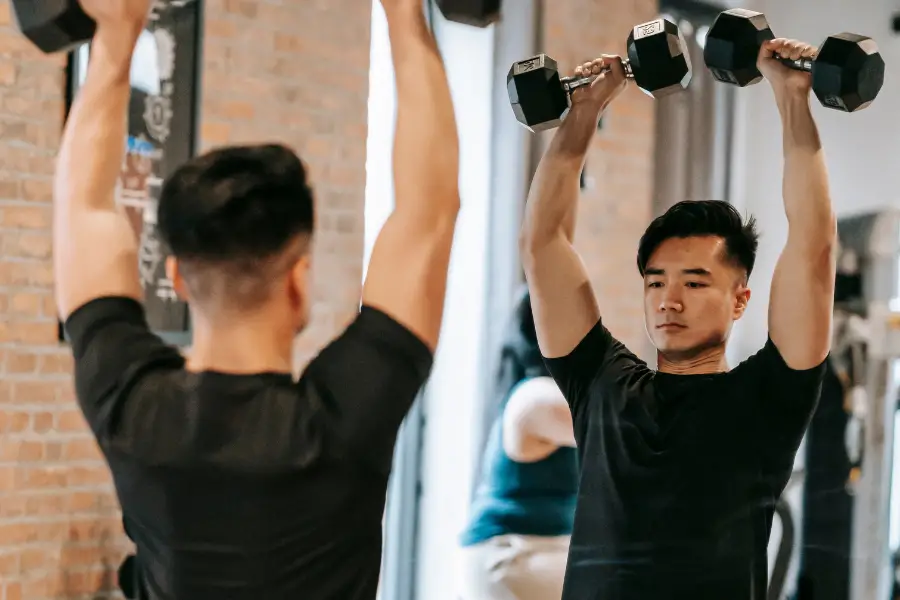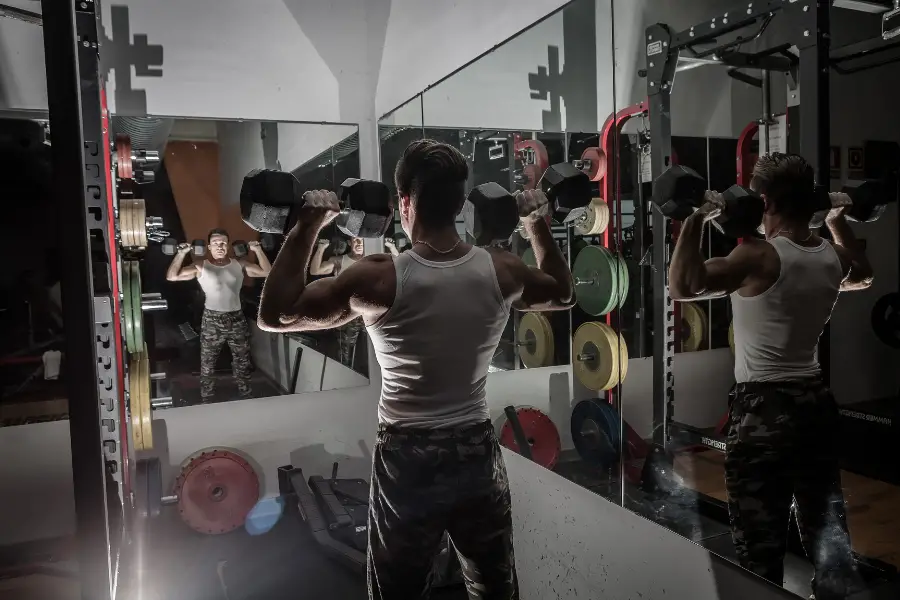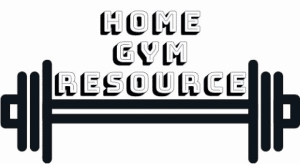Mirror thickness is actually important when picking a gym mirror, who knew? Here’s which thickness is the best for your situation.
A thickness of 1/4 inch (6mm) is commonly used for home and commercial gym mirrors, striking a balance between durability and cost. Thicker mirrors, such as 3/8 inch (10mm) or 1/2 inch (12mm), provide increased durability in high-impact environments. Mirrors thinner than 5 mm are not recommended.
Let’s get into why those thicknesses are the best and what the pros and cons of different thickness mirrors are.
Contents
Optimal Gym Mirror Thickness
The best gym mirror thickness depends on several factors, including the intended use, location, and budget. Here are some general guidelines:
For most home or commercial gym applications, a standard mirror thickness of around 1/4 inch (6mm) is commonly used. This thickness provides a good balance between durability, weight, and cost.
In high-impact environments such as CrossFit gyms or weightlifting facilities where equipment might be dropped or intense activities take place, opting for thicker mirrors may be beneficial. Mirrors with a thickness of 3/8 inch (10mm) or even 1/2 inch (12mm) can provide increased durability and resistance to impacts.
The word optimal implies that there is a balance. In the case of mirrors, you’re mainly balancing durability and cost. There are a few other less important factors to consider we’ll get into below. 6-millimeter mirrors strike that sweet spot between durability and cost for most home gyms.
The right thickness is just a single dimension of the ideal gym mirror. Click here to find out how tall and wide gym mirrors should be

Whether you go thick or thin, It’s advisable to choose gym mirrors with safety backing, regardless of the thickness. Safety backing helps prevent shattering and holds the mirror together in case of breakage, reducing the risk of injuries.
Mirrors 3 millimeters or thinner are generally not recommended for home gyms. While they may be less expensive and lighter, they are more prone to breakage and don’t provide the necessary durability for a gym environment. Thinner mirrors are also more likely to distort reflections, resulting in a less accurate representation of your form and movements.
In a home gym setting, where the mirrors may be subject to occasional impacts or vibrations from exercise equipment, it is advisable to choose mirrors with a minimum thickness of 5mm or preferably thicker. Thicker mirrors provide better resistance to breakage and are more durable, ensuring they can withstand the demands of regular gym use.
Remember to also consider safety features such as safety backing, which helps hold the mirror together in case of breakage, minimizing the risk of injuries from shattered glass. Consulting with a professional or speaking to gym equipment suppliers can provide further guidance on suitable mirror thickness options for your home gym.
Just want to find a home gym mirror without having to think about dimensions and other things? Click here to find a great, high-quality gym mirror with the right dimensions.
Pros and Cons of Thicker Gym Mirrors:
To give you some extra guidance on what the right thickness is, here are some pros and cons of thicker and below, thinner mirrors for gym purposes.
Pros:
- Durability: Thicker mirrors are generally more robust and less prone to breakage or damage. They can withstand accidental impacts, making them suitable for high-impact environments such as commercial gyms or busy workout areas.
- Stability: Thicker mirrors are typically more stable and less likely to flex or warp over time. They provide a solid, rigid surface that remains steady even during intense workouts or when mounted on uneven walls.
- Optics: Thicker mirrors often offer superior optics with minimal distortion. They provide a clearer and more accurate reflection, allowing for better visual feedback on form, posture, and movement during exercises. Is there a big difference between 6 and 12 mm? No, but at 3 mm there can be some distortions depending on the mounting.
Shopping for gym mirrors? Thickness is just one factor you should take into account. Click here to find a great gym mirror buying guide that guides you through 6 more factors.
Cons:
- Weight: Thicker mirrors are heavier, which can pose challenges during installation. They may require additional structural support or professional assistance to ensure secure mounting.
- Cost: Thicker gym mirrors are generally more expensive than thinner ones due to the higher material and manufacturing costs involved. This can be a limiting factor for those on a tight budget.

Pros and Cons of Thinner Gym Mirrors:
Let’s also look at the pros and cons of mirrors on the thinner end.
Pros:
- Lightweight: Thinner mirrors are lighter and easier to handle, making them more suitable for DIY installations or situations where weight is a concern. Once they’re on the wall, there isn’t any difference.
- Cost-Effective: Thinner mirrors tend to be more affordable than thicker ones, making them a budget-friendly option for home or garage gyms. Most ‘standard’ non-gym mirrors are a lot cheaper but are on the thinner end (3-5 mm).
Cons:
- Fragility: Thinner mirrors are more susceptible to breakage or damage. They may not withstand heavy impacts or accidental bumps as well as thicker mirrors. Most mirrors thinner than 6mm are just ‘normal’ mirrors, not gym mirrors. That means they are not made from tempered glass which is harder and breaks into smaller, less dangerous pieces. So thinner mirrors have another added layer of fragility on top of just being thinner.
- Flexibility: Thinner mirrors can be more prone to flexing or warping, especially if mounted on uneven walls or subjected to continuous vibrations during intense workouts.
In summary, while thicker gym mirrors generally offer greater durability and stability, thinner mirrors can be a cost-effective option for less demanding environments.

